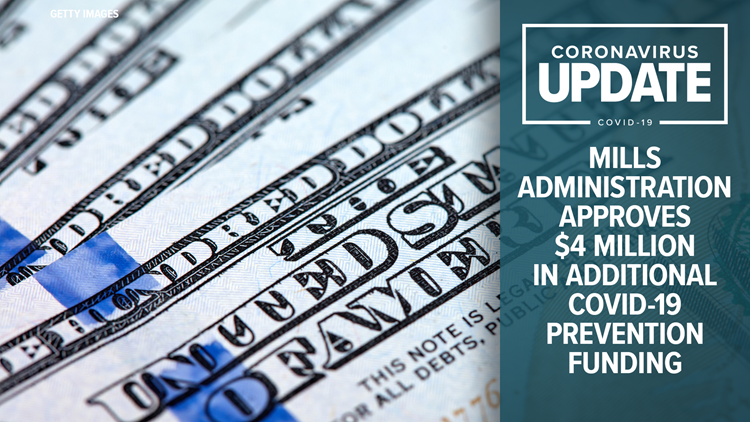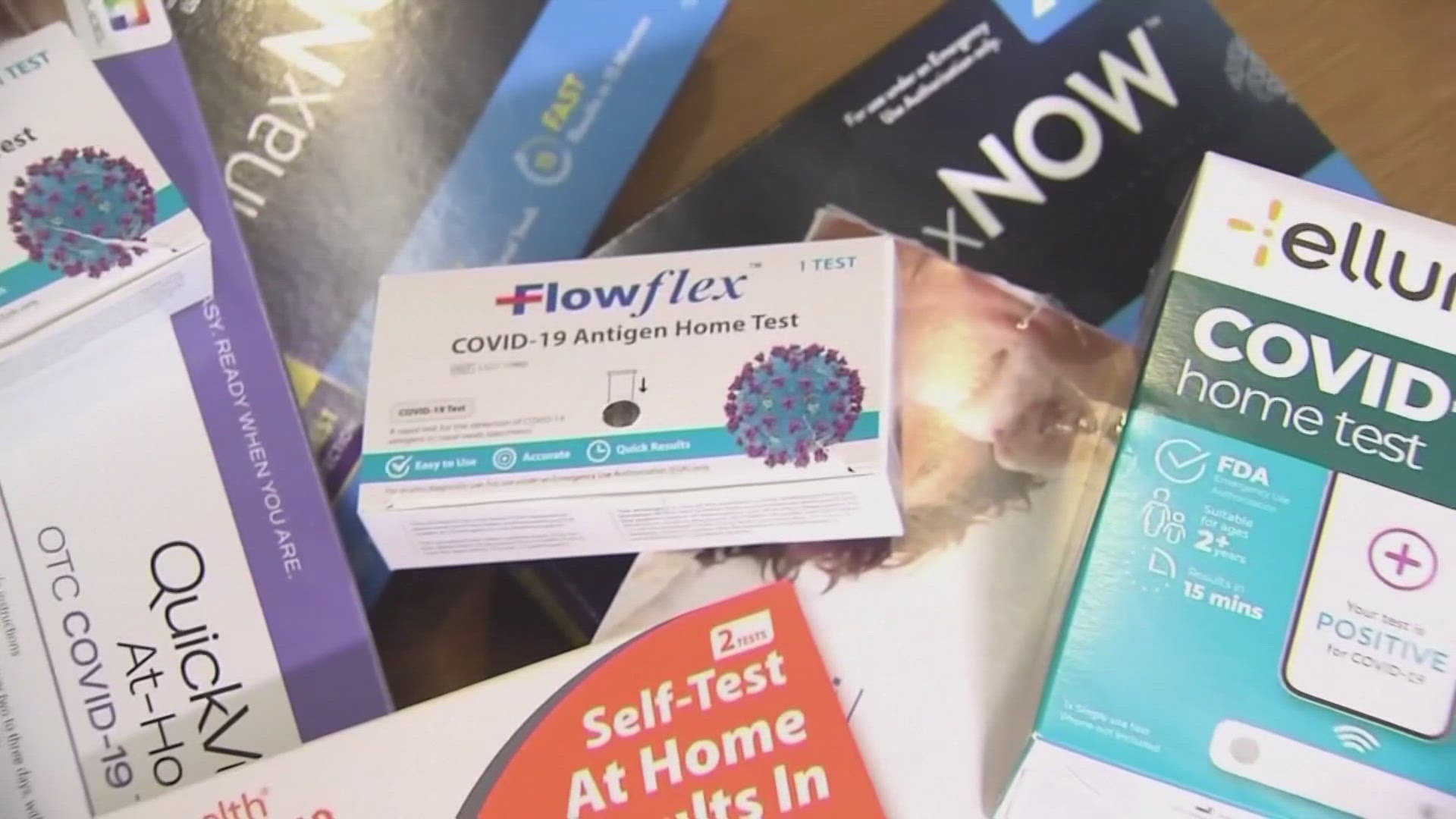AUGUSTA, Maine — The Gov. Janet Mills Administration announced a second round of state funding to local COVID-19 public health, education, and prevention efforts on Tuesday. The state will provide $4 million to more than 80 Maine municipalities and Tribal governments as they continue to respond to the pandemic.
The first round of funding under the Keep Maine Healthy Plan was approved in June, with approximately $9 million awarded to nearly 100 municipalities.
The Maine Department of Health and Human Services (DHHS) says it gave notice of the additional funding to the 82 local entities on Tuesday. Approximately half of the awards will go to municipalities and Tribal governments that are new applicants, while the others will benefit returning municipalities.
In total, the state funding will benefit 132 municipalities and two Tribal governments—representing about 1 million people, or 75 percent of the State’s year-round population, along with summer and fall visitors.
The awards are supported by Coronavirus Relief Funds from the Coronavirus Aid, Relief, and Economic Security (CARES) Act and are distributed on a reimbursement basis as communities implement these programs.
“The progress our state has made thus far in mitigating the spread of COVID-19 is in part a testament to the hard work communities have done on the front lines to keep Maine healthy,” Mills said in a statement. “While I am proud of that progress, we cannot let our guard down. With these additional grants, our Administration will continue to support municipalities as they work to educate the public on the dangers of COVID-19, implement and encourage compliance with public health and safety guidelines, and protect all Maine people and visitors.”
Maine DHHS Commissioner Jeanne Lambrew discussed the funding Tuesday at the Maine CDC coronavirus briefing.
Watch the briefing here:
“We thank Maine’s cities, towns and Tribal governments for their partnership in protecting Maine people and visitors against the spread of COVID-19,” Lambrew said. “This funding has supported their innovative responses on the front lines of this pandemic and will continue to bolster this critical work into the fall.”
This initiative incentivizes municipalities and Tribal governments to develop and implement their own COVID-19 prevention, education and protection plans by reimbursing municipal costs associated with public health education and prevention activities. These plans aim to help keep Maine people and visitors safe from COVID-19 by including one or more of the following:
- Public education activities: This could include printing and posting of existing State or national COVID-19 prevention information and developing local educational activities that are consistent with CDC guidelines. Costs eligible for reimbursement would include staff time for planning and education activities and costs for signage, materials, website development, brochures and mailing.
- Physical distancing and public health support: This could include fences, tape, and signage for physical distancing in public spaces and closed streets; providing staff to limit crowds in front of restaurants, bars, beaches and other sites; new traffic pattern signage and education; purchases of personal protective equipment and hand sanitizer to be made available for staff, visitors, and for use at public locations; and extra cleaning supplies and additional staff time required for enhanced cleaning and management of public spaces and restroom facilities.
- Local business assistance: This includes staff time for a Code Enforcement Officer, Local Health Officer, or other person designated by the municipality or Tribal government to be the local contact for educating local businesses on best practices. This may include following up on public complaints and, for certain cases, reporting to State officials when there is a potential public health violation that cannot be quickly resolved through educational means.
The municipal programs vary in size and scope.



